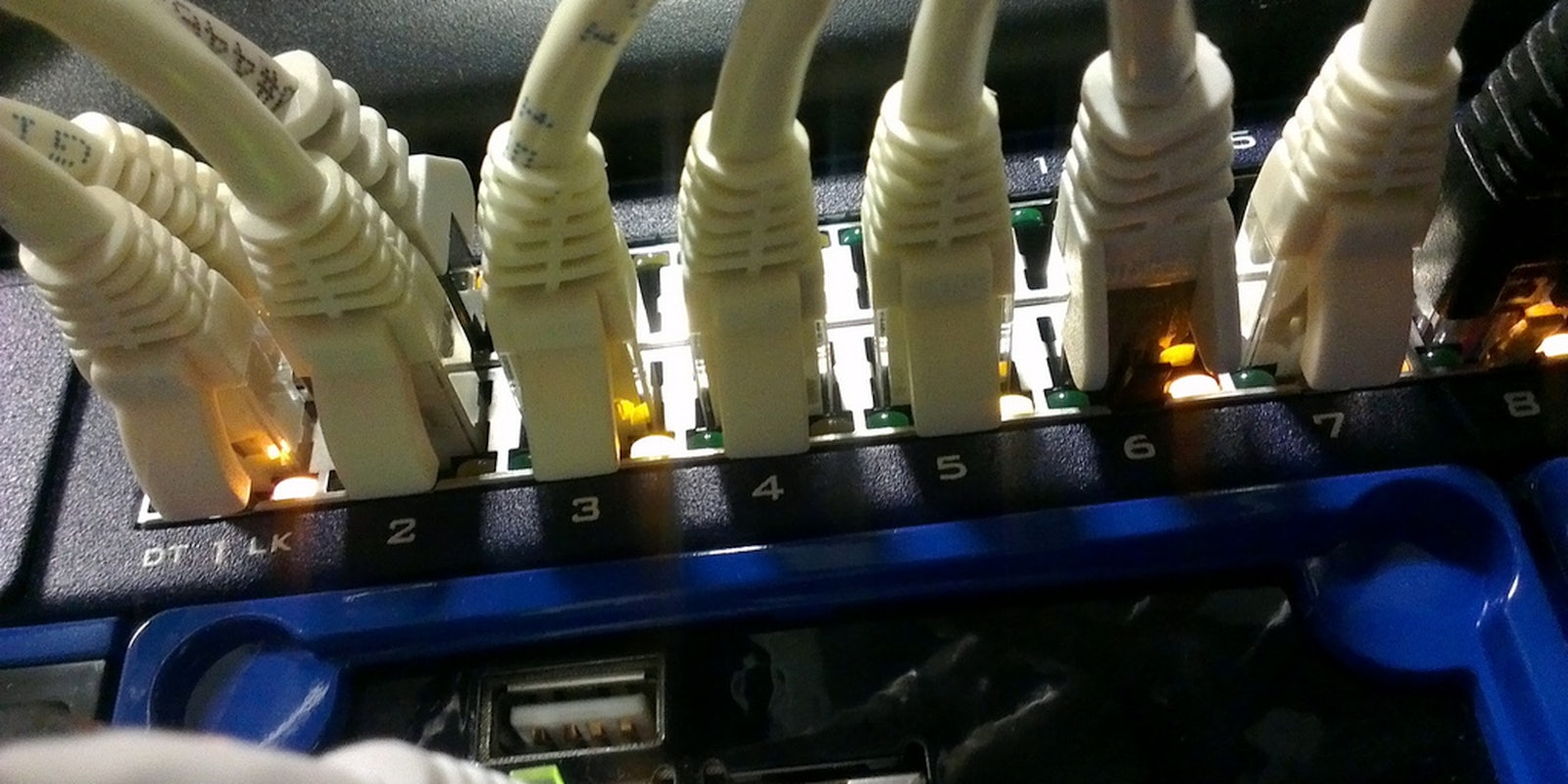Consumer advocacy groups on Thursday asked the moderators of upcoming presidential primary debates to question the candidates about expanding high-speed Internet access.
“Access to broadband Internet is an important issue that Americans agree on, but it has been largely absent in both the campaigns and debates in the presidential race thus far,” the groups—including Demand Progress, the Electronic Frontier Foundation, the NAACP, the National Council of La Raza, and Public Knowledge—wrote in their letter.
Citing Federal Communications Commission data showing that 34 million Americans lack access to Internet at speeds of 25 Mbps down and 3 Mbps up, the letter’s signatories pressed for more debate about broadband policy on the presidential election’s biggest stages.
“In an election that has so heavily focused on equality of opportunity, there has been no mention in the debates of Internet access as a driver for the American economy,” the letter reads. “For all of the talk of taxes, higher education, and healthcare, candidates and journalists have largely ignored a critical issue that would make it easier and more affordable for low-income families, communities of color, and rural Americans to find jobs, get an education, and increase the opportunities for their families and futures.”
Several groups devoted to expanding access to broadband Internet, including the Institute for Local Self-Reliance and Next Century Cities, also signed the letter. These groups are fighting to let cities operate their own Internet service through what are known as community broadband networks. Large Internet service providers oppose those efforts and have funded state campaigns to block them.
The FCC last year preempted two such state laws, in North Carolina and Tennessee, and the cable industry is suing to overturn the agency’s enforcement action.
The letter asks moderators to consider posing the question, “If you are elected president, what will you do to ensure that all Americans have affordable access to this vital tool?”
Among Republican candidates, only Sen. Ted Cruz (R-Texas) has addressed the issue of broadband access. The senator said during a rural town hall in September that the federal government should sell some of its wireless spectrum to encourage private companies to use it to expand wireless broadband service. But he did not promise a plan of his own to expand access.
On the Democratic side, former Secretary of State Hillary Clinton made high-speed Internet part of a $275 billion infrastructure program unveiled in November, while Sen. Bernie Sanders (I-Vt.)’s campaign website touts his $25 billion Rebuild America Act, which would expand access in rural areas.
Photo via Robert/Flickr (CC BY 2.0)


